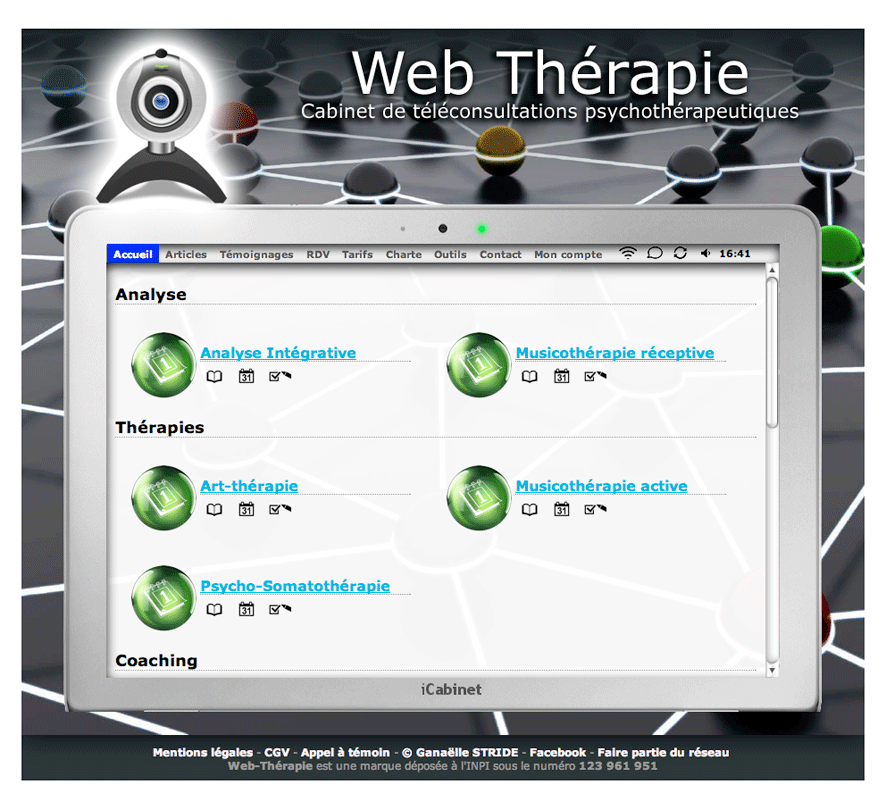BRAIN REGIONS CAN BE SPECIFICALLY TRAINED
Video gaming causes increases in the brain regions responsible for spatial orientation, memory formation and strategic planning as well as fine motor skills. This has been shown in a new study conducted at the Max Planck Institute for Human Development and Charité University Medicine St. Hedwig-Krankenhaus. The positive effects of video gaming may also prove relevant in therapeutic interventions targeting psychiatric disorders.
In order to investigate how video games affect the brain, scientists in Berlin have asked adults to play the video game “Super Mario 64” over a period of two months for 30 minutes a day. A control group did not play video games. Brain volume was quantified using magnetic resonance imaging (MRI). In comparison to the control group the video gaming group showed increases of grey matter, in which the cell bodies of the nerve cells of the brain are situated. These plasticity effects were observed in the right hippocampus, right prefrontal cortex and the cerebellum. These brain regions are involved in functions such as spatial navigation, memory formation, strategic planning and fine motor skills of the hands. Most interestingly, these changes were more pronounced the more desire the participants reported to play the video game.
Pour lire l’article, cliquez sur le logo
Une étude menée par le Max Planck Institute for Human Developement, situé à Berlin, a démontré que la pratique régulière des jeux vidéo peut aboutir à un développement du cerveau humain. Sur 48 cobayes de 24 ans, deux groupes ont été créés : l’un devant jouer 30 minutes par jour à Super Mario 64 et l’autre non. Chez les joueurs, certaines parties du cerveau – l’hippocampe droit, le cortex préfrontal droit et le cervelet – se sont développées au contraire de l’autre groupe.
Des zones du cerveau qui jouent un rôle essentiel dans la mémoire, la navigation dans l’espace, la planification ainsi que la motricité des mains. L’étude ne révèle pas une plus grande intelligence des cobayes ayant joué, mais les chercheurs à l’origine du projet espèrent soigner des maladies mentales grâce aux jeux vidéo.


